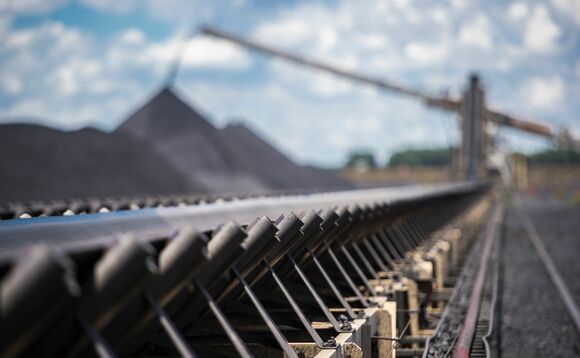
Mining giant announces it will achieve target by ramping up ‘transition metals’ business while delivering ‘responsible stewardship’ of its coal assets
In an update to investors late last week, the company announced plans to reduce its direct and indirect greenhouse gas emissions footprint by 40 per cent compared to 2019 levels by 2035, before reaching net zero emissions 15 years later.
The commitment marks something of a reversal for the firm, coming less than a year after chief executive Ivan Glasenberg branded BP’s 2050 net zero target as “wishy-washy” in an interview withThe Times.He argued then that his firm preferred to be “precise and factual” with its carbon targets and focus on “tangible” nearer-term 2035 goals.
But last week, the chief executive touted Glencore’s new 2050 “net zero total emissions company” ambition, claiming it was a reflection of the miner’s “commitment to contribute to the global effort to achieve the goals of the Paris Agreement”.
The company, which is based in Switzerland and listed in London, is one of the world’s largest coal producers and has faced growing pressure from investors and campaigners to divest from the carbon intensive fuel, provide better disclose of its exposure to climate-related risks, and take steps to align itself with global climate goals.
It appears Glencore has now responded to those calls, with the firm pledging to deliver major emissions reductions over the next three decades, in addition to reporting on progress and performance against these goals in a transparent manner.
Glencore emphasied it would achieve its new goals by “investing in the commodities the world needs” – such as copper, cobalt, and nickel which are all essential for battery technologies and renewable energy infrastructure – while curbing coal production and supporting the deployment of low emission technologies.
“A significant portion of Glencore’s earnings is derived from the metals and minerals that enable the transition to a low-carbon economy,” Glasenberg told investors on Friday. “As the world prioritises renewable technologies, battery storage and electric mobility, our business is well-positioned to meet the growing demand for the commodities that underpin these future focused industries.”
However, the firm said it did not plan to sell its coal operations, arguing that transferring the mines into new ownership could not guarantee a reduction in their carbon output. “Responsible stewardship of our coal assets and responsible reduction of our coal portfolio, while maintaining a focus on our high-quality coal assets in Australia, supports our ambition to reduce our total emissions to achieve net zero by 2050,” a company statement reads.
Carbon capture and storage technology, engagement with customers and supply chain partners about the use of low-carbon metals, and investing in technologies that deliver more efficient use of resources would also play a role in the company’s journey towards net zero, according to the update.


